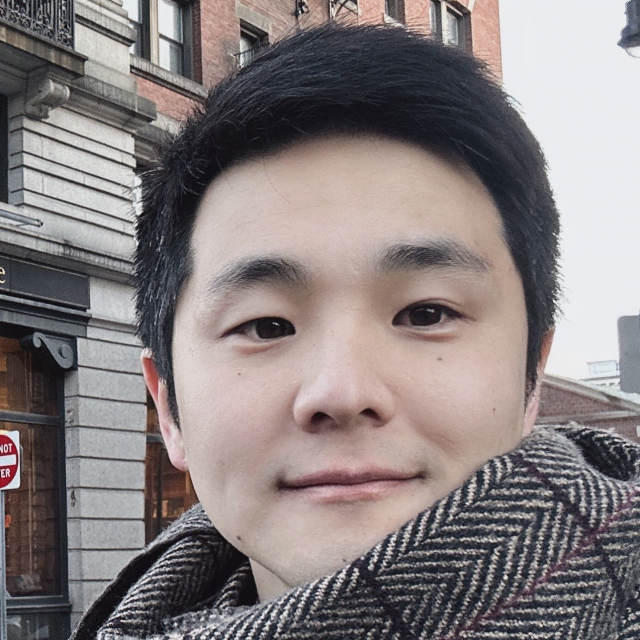Inhan Kang, Ohio State University
A trilogy of modeling conditional dependence in and between responses and response times
2023 Dissertation Prize
Conditional dependence is a violation of the fundamental conditional independence assumption made in most psychometric models. This violation implies interactions between respondents and items unexplained by the person and item effects captured by latent variables and item parameters in the models. As a result, items can have different characteristics for different respondents and vice versa. In this talk, I present three chapters in my dissertation in which 1) a theoretical explanation of the existence and cognitive sources of conditional dependence and 2) a method to derive practically useful information and diagnosis for respondents and items are studied. Specifically, the diffusion item response theory (DIRT) model is extended with random variability in cognitive components of the underlying decision processes, providing a sequential sampling account of conditional dependence. The model is further extended with item-wise variability parameters to account for item-specific characteristics and trends of conditional dependence in intelligence processes. Also, a latent space model that represents the variations in information processing rate is unified with the DIRT model. The resulting model produces an interaction map of respondents and items, which can be further explored to investigate unexplained interactions of respondents and items and extract diagnostic information for evaluation and feedback.
About the Speaker
Inhan Kang is a postdoctoral researcher in the Department of Psychology at the Ohio State University (OSU) where he has completed his Ph.D. in Quantitative Psychology. His dissertation focuses on integrating measurement theories in psychometrics and decision-making models in cognitive psychology, which has resulted in several developments and extensions of process-based models that jointly account for binary/ordinal responses and their response times. During his postdoc position, he studies Bayesian optimization and its implications for psychological research. In March 2023, He will join the Department of Psychology at Yonsei University in Korea as an assistant professor in Quantitative Psychology.


